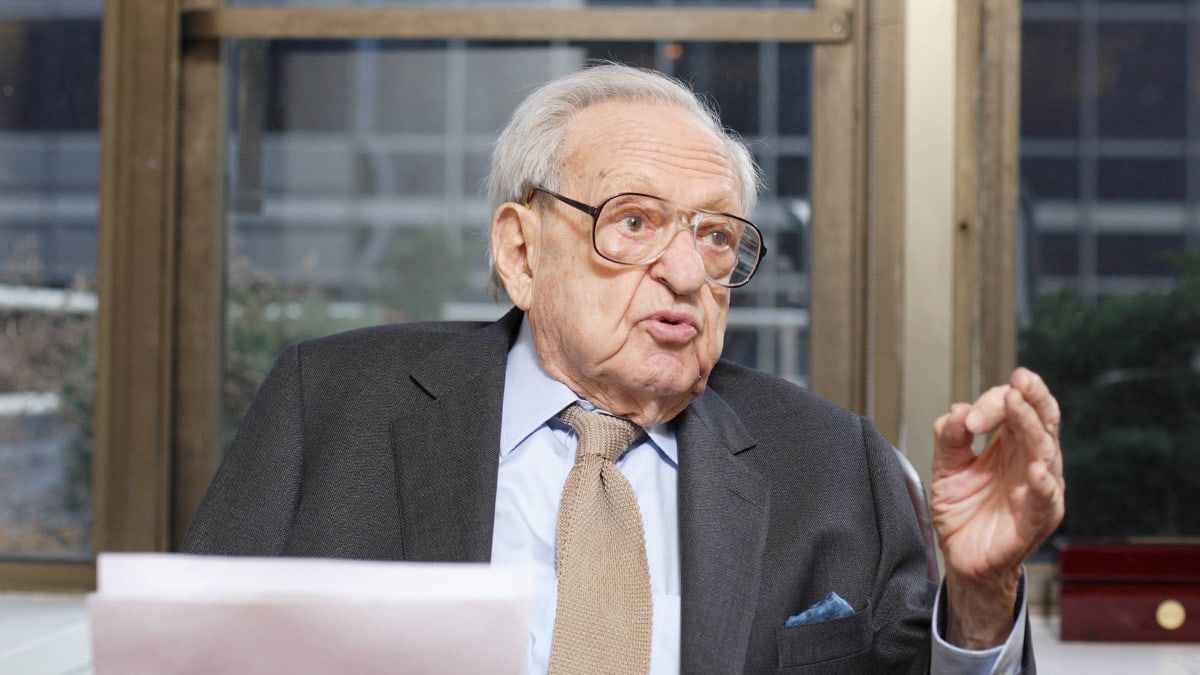
From Michael Levenson for The New York Times: “Let this be a warning to those of you who long to hit the open road with a 2,200-pound steer riding shotgun: Observe all traffic laws, especially when passing through Norfolk, Neb. Lee Meyer, 63, a retired machinist, learned that lesson on Wednesday. For seven years, Mr. Meyer has been chauffeuring his 2,200-pound Watusi-longhorn mix (whose name is Howdy Doody) with its horns and head exposed to the open air in a customized Ford Crown Victoria with the license plate “Boy & Dog.” But he had never been stopped by the police, he said, until Wednesday morning as he drove Howdy Doody into Norfolk from his 15-acre ranch.”
Which freezes faster, hot water or cold water? Scientists still aren’t sure

From Adam Mann for Quanta magazine: “It sounds like one of the easiest experiments possible: Take two cups of water, one hot, one cold. Place both in a freezer and note which one freezes first. Common sense suggests that the colder water will. But luminaries including Aristotle, Rene Descartes and Sir Francis Bacon have all observed that hot water may actually cool more quickly. Yet for more than half a century, physicists have been arguing about whether something like this really occurs. The modern term for hot water freezing faster than cold water is the Mpemba effect, named after Erasto Mpemba, a Tanzanian teenager who, along with the physicist Denis Osborne, conducted the first scientific studies of it in the 1960s. While they were able to observe the effect, follow-up experiments have failed to consistently replicate that result.”
Note: This is a version of my personal newsletter, which I send out via Ghost, the open-source publishing platform. You can see other issues and sign up here.
Continue reading “Why yes, officer, that is a longhorn steer sitting in the passenger seat”

























